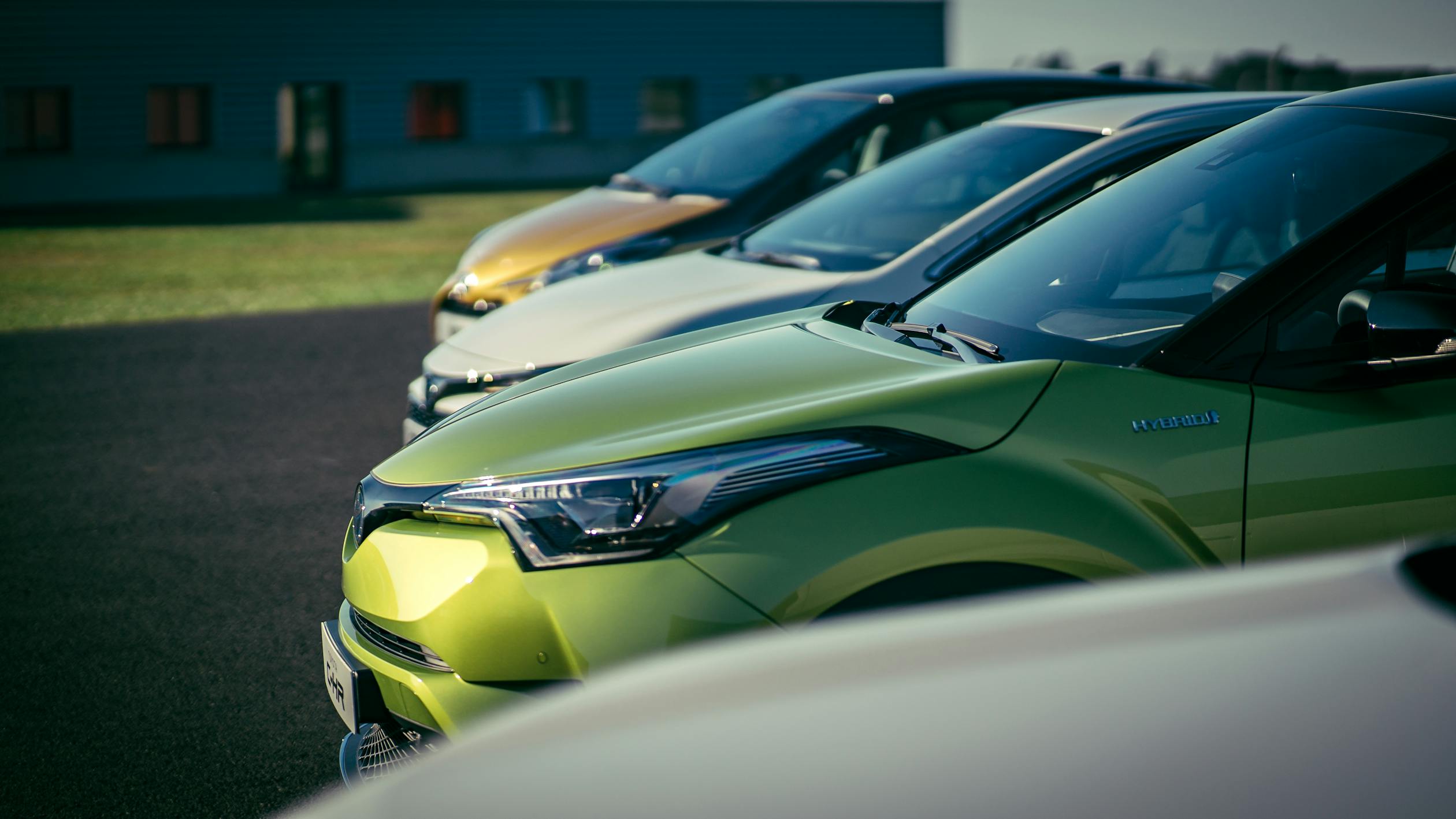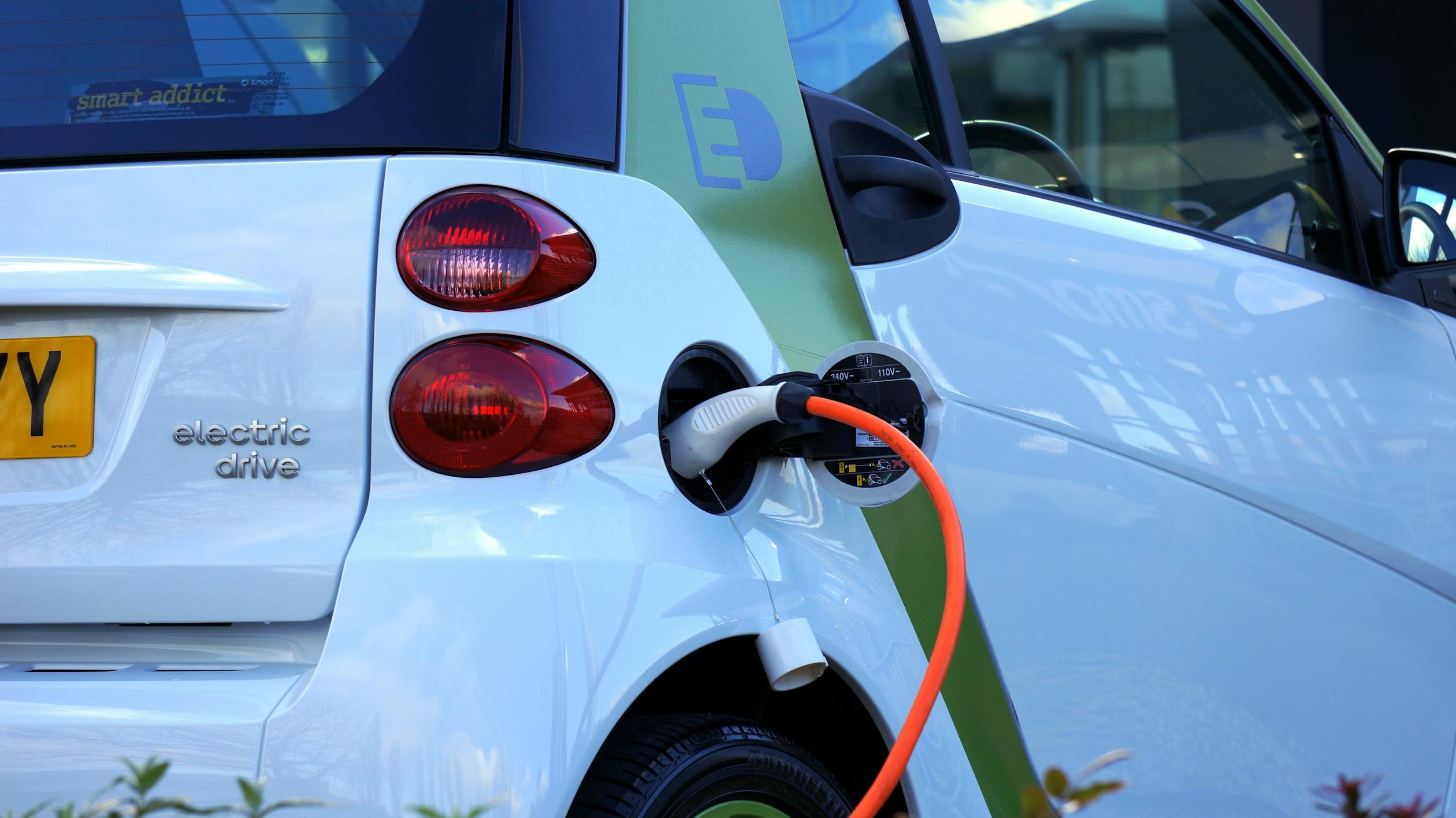
How They Work
Hybrid vehicles combine a gasoline engine with an electric motor, automatically switching between or combining both power sources. Electric vehicles run solely on battery power, requiring regular charging from external sources.

Range and Refueling
Hybrids offer unlimited range with gas stations everywhere. Most get 40-60 MPG. Electric vehicles typically offer 200-400 miles per charge, but require planning around charging stations for long trips.

Cost Considerations
Hybrids generally cost less upfront and have lower maintenance costs. Electric vehicles have higher purchase prices but qualify for federal tax credits up to $7,500 and have minimal maintenance requirements.

Environmental Impact
Both reduce emissions compared to conventional vehicles. Hybrids cut emissions by 25-35%, while electric vehicles produce zero direct emissions. The environmental benefit of EVs depends on your local electricity grid.

Conclusion
Choose a hybrid if you want fuel savings without changing your driving habits, take frequent long trips, or live in an area with limited charging infrastructure. Choose electric if you primarily drive locally, have access to home charging, and want the latest technology with minimal maintenance.

